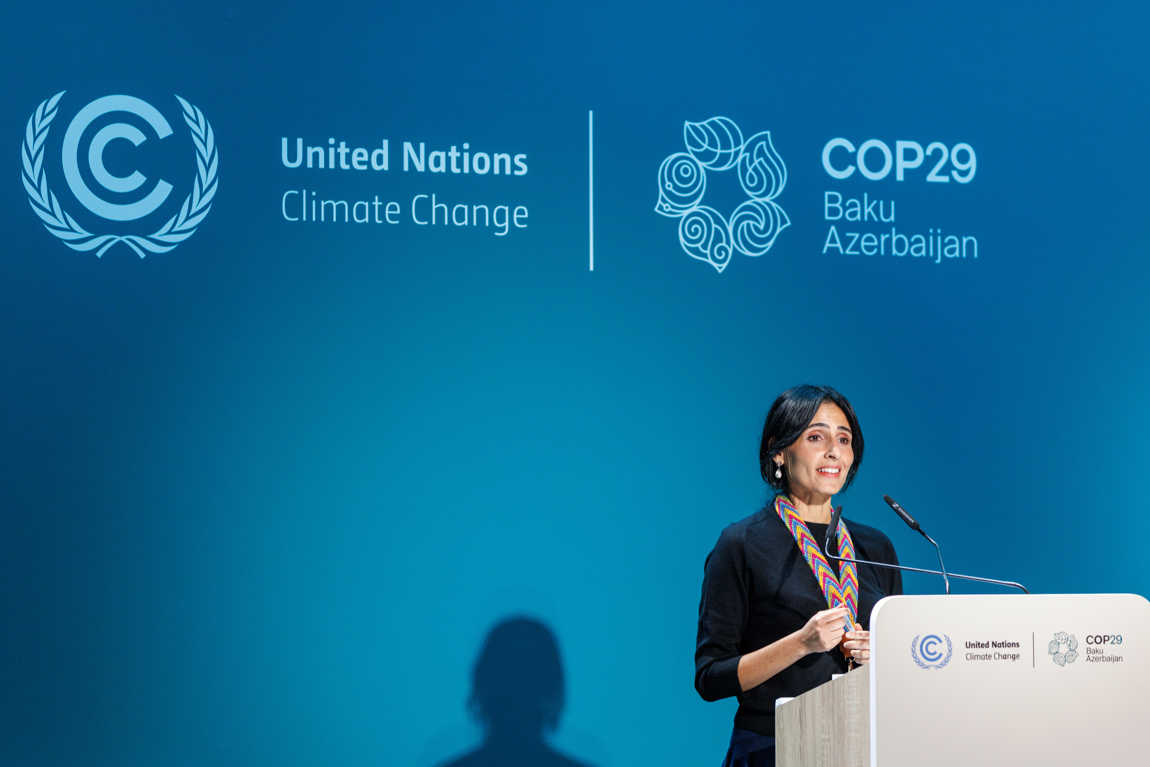
A Fragile Reality at COP29: Climate Finance as the Greatest Barrier to Solutions
The 29th Conference of the Parties (COP 29) to the United Nations Framework Convention on Climate Change, hosted by Azerbaijan, took place in Baku from November 11 to 22, 2024. The event brought together world leaders, civil society, the private sector, academics, experts, and representatives of indigenous peoples, and was dubbed the 'Climate Finance COP.' The conference addressed critical climate issues such as net-zero targets, carbon markets, biodiversity, and just transition processes.
The main agenda item at COP29 was to establish a new annual target for global climate finance. However, this topic sparked deep debate among countries. While it was agreed that developed nations would provide $300 billion annually in the form of grants and low-interest loans by 2035, many developing countries claimed that this sum was insufficient. There were also concerns raised that the 2035 timeline was too far in the future, potentially delaying the transition to clean energy. These discussions once again highlighted the crucial importance of global cooperation for accelerating the transition.
Carbon Credit Agreement at COP29: Carbon Markets Expanding with New Regulations
AtCOP29, countries reached an agreement that enabling the creation of carbon credits for emission offsetting and trading emissions. While uncertain remains carbon offset efforts are expected to attract billions of dollars in new projects. Countries reaffirmed their commitment to achieving net-zero emissions by 2050 and discussed on new regulations to activate carbon markets. Concrete steps were also initiated towards the digitalization of carbon trading systems.
Although COP29 was anticipated to signal a strategic shift in line with the objectives of the Paris Agreement, no tangible measures were adopted to phase out fossil fuels or triple renewable energy capacity as promised.
This year's COP was the third summit to be held in a fossil fuel-producing country. The OPEC Secretary-General and the President of Azerbaijan referred to oil and gas resources as “a gift from God’.” However, the negotiators deemed the summit a failure, as countries failed to take concrete steps aligned with their COP28 pledges to phase out fossil fuels and triple renewable energy capacity. This situation highlights how fossil fuel interests continue to overshadow climate negotiations and obstruct the decisive action needed for effective climate progress.
Turkey’s 2053 Strategy at COP29: A Sustainable Future Through Renewable Energy
The most significant step for Turkey at COP29 was the announcement of its 2053 Long-Term Climate Change Strategy document on the first day of the summit. The document emphasises that Turkey will continue to increase its emissions and will begin mitigation efforts by no later than 2038. Furthermore, it is expected that the country’s energy demand will quadruple by 2053, with the aim of meeting 69.1% of this demand through renewable energy sources.
- Renewable Energy: Turkey will continue to increase the share of renewable sources in energy production, with a particular focus on solar and wind energy.investments.
- Carbon Markets: A carbon trading system will be established, and regulations will be align with global standards.
- Climate Finance: Key objectives include promoting sustainable investments through green bonds and the strengthening public-private partnerships..
- Adaptation and Resilience: Priority goals include enhancing agricultural productivity, effective managing water resources effectively, and implementing resilient infrastructure projects.